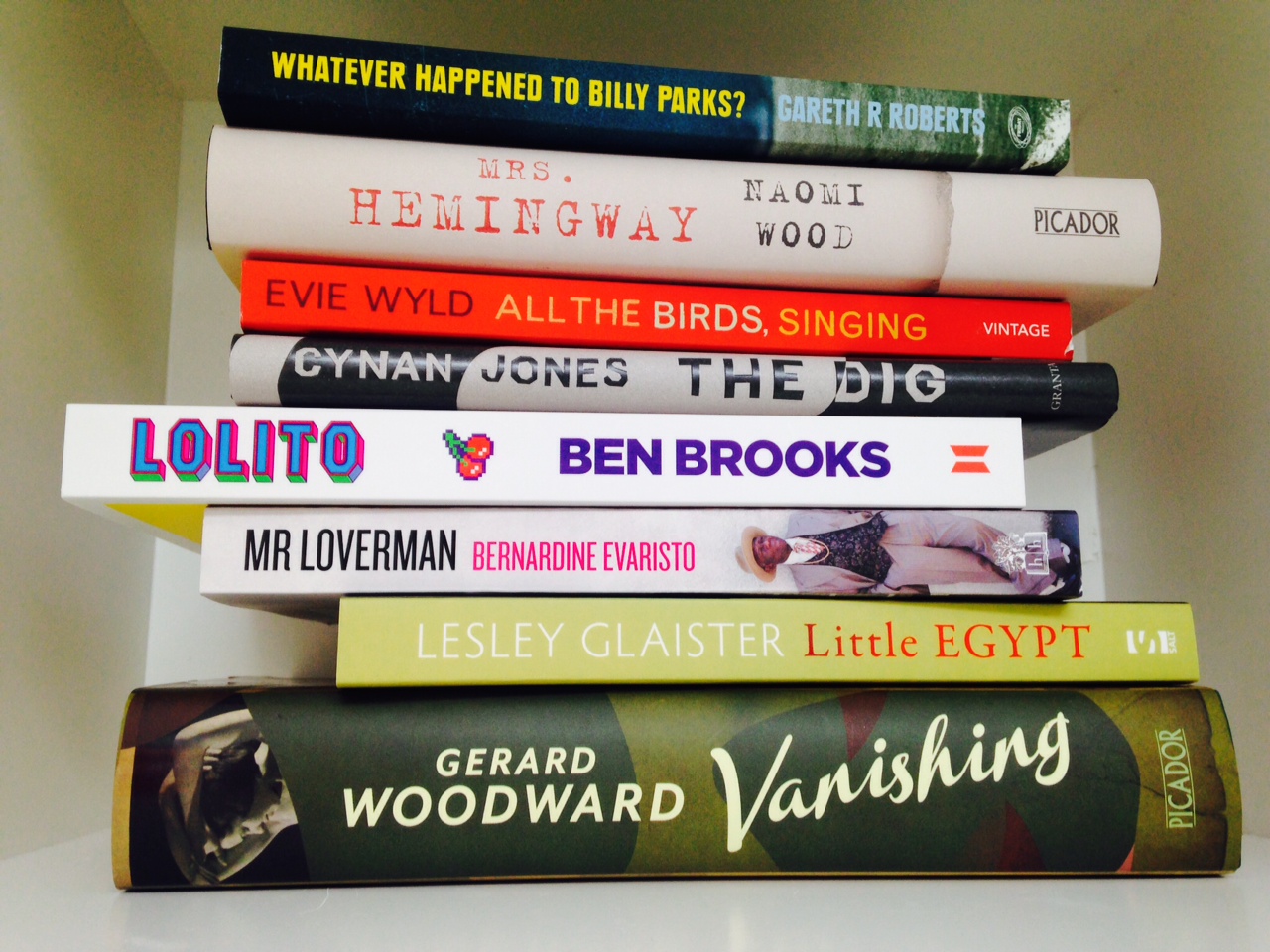- The narratives found in these works illuminate the persistent themes of power dynamics, social justice, resistance, and human resilience that shape our lives today.
- Literature not only helps us recognize these patterns but also offers valuable lessons and warnings.
Literature has long served as both a mirror and a warning, capturing the enduring complexities of human behavior, governance, and societal evolution. Through the ages, authors have depicted themes that resonate with contemporary issues, prompting us to reflect on our own realities and the paths we choose.
In George Orwell's 1984, a totalitarian regime employs relentless surveillance to maintain control over its citizens. This theme echoes in today's debates surrounding privacy and government overreach. As technologies for monitoring and data collection proliferate, ethical concerns about personal freedoms and civil liberties come to the forefront, reminding us of Orwell's cautionary tale.
Victor Hugo's Les Misérables illustrates the struggle for justice and equality. In our current landscape, global protests advocating for racial justice, women's rights, and climate action continue to reflect these age-old battles. The societal inequities that sparked Hugo's narrative are still at play, fueling collective resistance and the quest for a more just world.
Similarly, Charles Dickens’ Oliver Twist exposes the harsh realities of poverty and class disparity during the Industrial Revolution. Today, the divide between the affluent and the impoverished remains stark, as discussions about wealth distribution, fair wages, and economic justice dominate political discourse. Dickens’ insights into societal neglect resonate profoundly in our ongoing struggle for equity.
The themes of greed and corruption in Shakespeare's Macbeth and Chinua Achebe's A Man of the People reveal how the lust for power can lead to societal decay. Modern politics often mirrors these narratives, with scandals and authoritarian tendencies shaping governance worldwide. These literary works remind us of the fragility of integrity in leadership.
Read More
Furthermore, Margaret Atwood's The Year of the Flood and Octavia Butler's Parable of the Sower project visions of environmental collapse and societal breakdown that feel eerily prescient today. As we confront the realities of climate change, resource scarcity, and global displacement, these narratives serve as both warnings and calls to action.
Finally, James Baldwin's Go Tell It on the Mountain and Maya Angelou's Know Why the Caged Bird Sings explore the intricacies of racial identity and systemic oppression. Movements like Black Lives Matter today echo the struggles these authors articulated, highlighting the ongoing fight against injustice and the quest for recognition and equality.
The narratives found in these works illuminate the persistent themes of power dynamics, social justice, resistance, and human resilience that shape our lives today. Literature not only helps us recognize these patterns but also offers valuable lessons and warnings. By engaging with these timeless stories, we can better navigate the complexities of our society and strive toward a more equitable and just future.




-1772102940-md.jpg)


-1772090413-1772095461-md.jpg)


-1772102940-sm.jpg)

